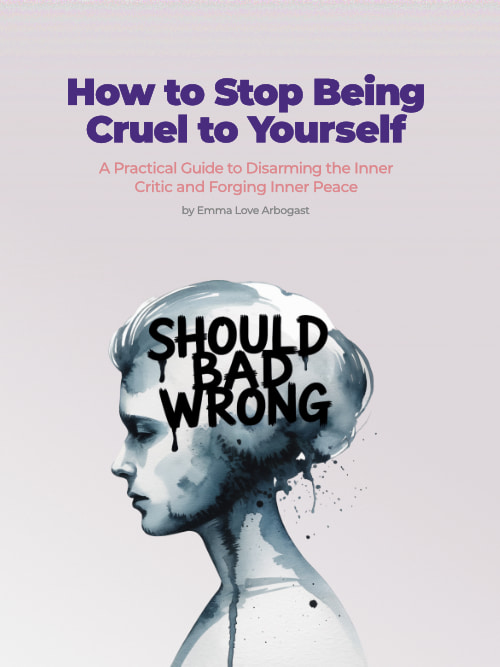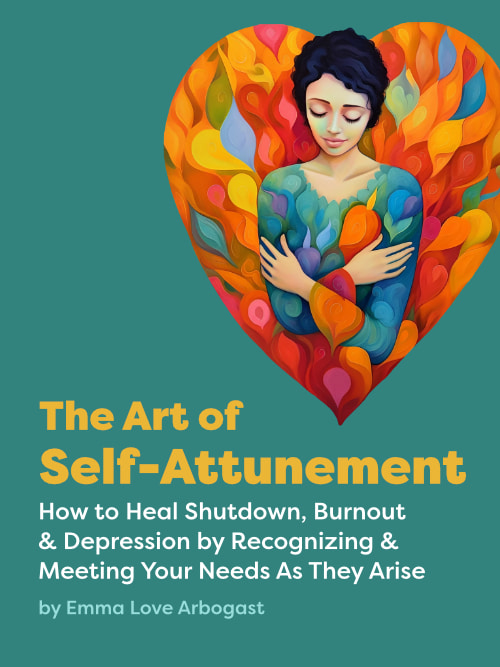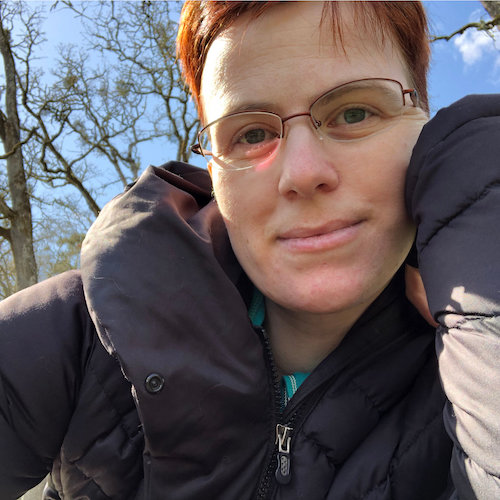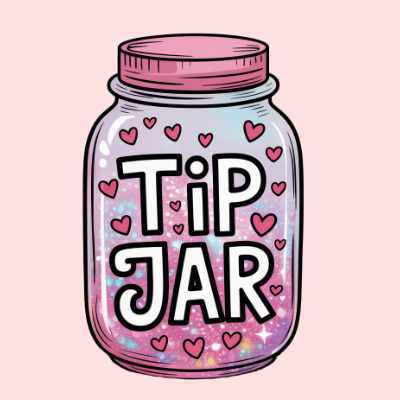How do I recover from autistic or ADHD burnout?
Autistic or ADHD burnout is a specific kind of burnout that results from prolonged overstimulation of the nervous system.
This overstimulation can come from many sources, which is covered in What leads to autistic or ADHD burnout?.
Things that look like burnout or can overlap with it:
- Trauma con complicate the process of recovery. If you suspect you have both, I would start with burnout recovery, as you won’t have the bandwidth to do trauma work.
- Depression can overlap as well, here is the difference.
The basic idea of recovery
The recovery for autistic burnout is relatively simple, if sometimes difficult to implement: you must make your environment completely non-stressful for a prolonged period of time.
That means ruthlessly eliminating all forms of stress and creating an environment that is soothing and nourishing. This could include spending lots of time alone, going for walks in nature, playing games, reading novels, or watching your favorite shows—whatever it is that helps your nervous system feel safe and chill so it can recover.
Reduce or eliminate sources of stress:
- time spent in overstimulating environments (which will be most environments besides at home or in nature)
- time spent masking, trying to conform to neurotypical expectations, or trying to decode neurotypical communication patterns
- doing complex tasks that require a lot of executive function to complete
- having to do a lot of maintenance or chores (unless you enjoy that kind of thing!)
- emotional distress including relationship conflict
- any and all self-judgement about what you need right now
- being around people who consistently misunderstand or invalidate your feelings or needs
Be very judicious about your people-time as other people are a source of unpredictable stimulation. If possible, only hang out with people who are predictably comforting and are understanding of your needs and limits.
Start or increase sources of recovery:
- any stimming that works for you, including media consumption (as long as it does not negatively affect your mood—think My Little Pony, not doom scrolling)
- quiet time
- alone time
- unmasking
- accommodating anything you find difficult right now — for example, buying more ready to eat meals rather than expecting yourself to cook
- finding and doing activities that are enjoyable, pleasant, comforting, and interesting to you, no matter what they are or how they are seen or judged by society
- making your home space sensorily comforting and relaxing
- learning about your flavor of neurodivergence, which helps reduce self-judgement
- if it helps, join online support groups – see my links for autistic and ADHD resources
Attune to your nervous system stress signals
You may be used to tuning out your nervous system as it increasingly sends distress signals to your brain. If so, you need to reverse that process and start to listen to your body again.
This means tuning into your body sensations or general level of stress on a regular basis, and sensitizing yourself to these signals. This could be as simple as having a reminder on your phone several times a day and pausing and doing a body scan.
As you are developing this skill, it might help to keep track in some way, like through a journal or an app. How We Feel is a free app run by a nonprofit that lets you track emotions and sensations, and it has related tools in it as well.
Or you could use a paper journal and check in each night and jot down any sources of stress that day as well as any symptoms and look for patterns. Using some kind of scale of “How stressed out was I today?” can be useful (1-10 or red/yellow/green).
You might want to try yoga videos or guided meditations—there are many on Youtube—or work with a somatic practitioner of some kind.
If you want to dig into this topic more, google “interoception”.
Can meds help?
To my knowledge there are no medications specifically for burnout, but I found taking non-stimulant meds for ADHD (Wellbutrin, Strattera) seemed to blunt a bit of my sensory overwhelm. YMMV, of course and you’d need to talk to your doctor.
There are many supplements that are supposed to help with stress, but I don’t know enough about it to make recommendations here and it would probably depend on the person.
Maintaining recovery requires long-term lifestyle changes
The reality of neurodivergence is that for most of us, it just isn’t possible to hang out in neurotypical environments with neurotypical people doing neurotypical things for long periods of time and not suffer from burnout.
You may go through a grieving process as you come to terms with this.
The next step is giving yourself permission to design your lifestyle around your real needs. For example, I ended up downsizing from a big house with a yard I could never maintain to a small condo where someone else deals with raking the leaves and mowing the lawn.
You don’t have to keep living a life that hurts you, even if others (or some past version of yourself) expect it of you. It’s your life. Make it work for you.
Self-love is a set of skills you can learn

Stop Being Cruel to Yourself
$2.99


Hey there! If you're new here, welcome to the Emmaverse! 🌈✨
About me: I'm autistic/ADHD and I write about how to be free and happy from the inside out.
Keep in touch?
Self-Liberation Society
